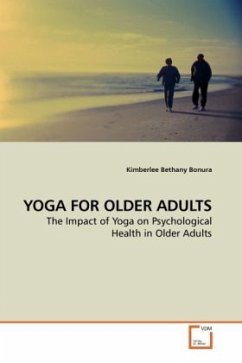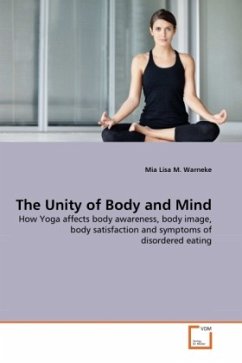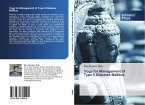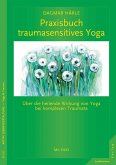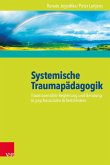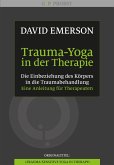Currently, 17% of individuals over age 50, and 6% of individuals over age 65, have tried mind-body therapies (Wolsko et al., 2004); 16.5% of yoga practitioners are age 54 or older (Saper et al., 2004). National survey data indicates a large portion of mind-body therapy users implement these practices for the management of disorders which are either psychological or psychosomatic. Among yoga practitioners, 63.7% reported implementing yoga techniques for wellness and preventative benefits, and 47.9% reported implementing yoga techniques for the management of specific health conditions. Because increasing numbers of older adults are engaged in yoga, it is important to understand how yoga impacts this population. We studied the impact of a yoga intervention on the psychological health of senior citizens. Yoga participants improved in anger, anxiety, depression, well-being, general self- efficacy, and self-efficacy for daily living. Changes in self-control were associated with changesin general self-efficacy and trait anxiety. Self- control is proposed as a mechanism underlying the impact of yoga on psychological health.
Bitte wählen Sie Ihr Anliegen aus.
Rechnungen
Retourenschein anfordern
Bestellstatus
Storno

